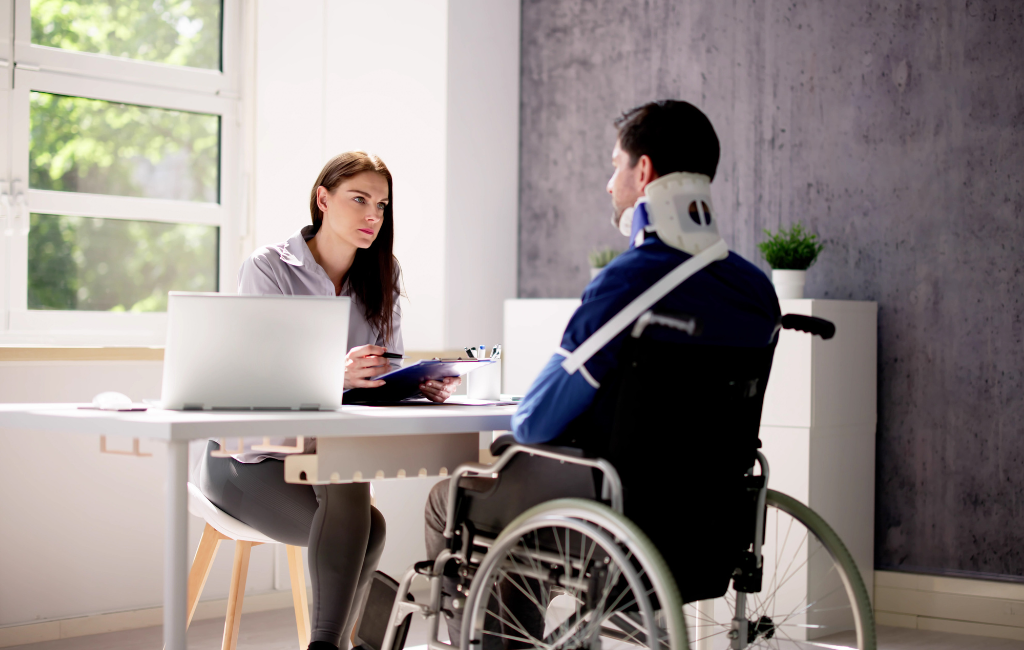Choosing a Personal Injury Lawyer: Steps to Secure Your Best Outcome
When faced with a personal injury, selecting the right lawyer can significantly impact the outcome of your case. This article outlines the steps to help you make an informed decision, ensuring you receive the best possible representation.
Understanding Personal Injury Law
Personal injury law encompasses a wide range of cases, including car accidents, medical malpractice, and workplace injuries. The goal is to provide compensation for injuries caused by another party’s negligence. Understanding the basics of this legal field can help you identify the right lawyer for your needs.
Types of Personal Injury Cases
- Car Accidents
- Medical Malpractice
- Workplace Injuries
- Slip and Fall Accidents
- Product Liability
Researching Potential Lawyers
Thorough research is the foundation of finding a competent personal injury lawyer. Start by gathering recommendations from friends, family, or online reviews. Legal directories and bar association websites can also provide valuable information.
Evaluating Experience and Expertise
Experience in handling personal injury cases is a key factor. Look for lawyers who specialize in personal injury law and have a track record of successful outcomes. Case studies and client testimonials can offer insights into their expertise.
Checking Credentials and Reputation
Verify the lawyer’s credentials, including their education, bar association membership, and any disciplinary actions. A strong reputation within the legal community can indicate a lawyer’s reliability and professionalism.
Initial Consultation
Most personal injury lawyers offer a free initial consultation. This meeting is an opportunity to discuss your case, ask questions, and assess the lawyer’s suitability. Prepare a list of questions to make the most of this consultation.
Questions to Ask During the Consultation
- What is your experience with cases similar to mine?
- What is your success rate?
- How do you communicate with clients?
- What are your fees and payment structure?
- Who will handle my case?
Assessing Communication and Compatibility
Effective communication is vital in a lawyer-client relationship. Pay attention to how the lawyer explains legal concepts and responds to your questions. Compatibility and trust are essential for a successful partnership.
Evaluating Communication Style
A good lawyer should be able to explain complex legal terms in a way that is easy to understand. They should also be responsive and keep you informed about the progress of your case.
Building Trust and Rapport
Trust and rapport are built through open and honest communication. Choose a lawyer who listens to your concerns and makes you feel comfortable. This will help in building a strong working relationship.
Understanding Fees and Payment Structures
Personal injury lawyers typically work on a contingency fee basis, meaning they only get paid if you win your case. Understanding the fee structure and any additional costs is crucial before making a decision.
Contingency Fees
Contingency fees are usually a percentage of the settlement or award. This arrangement aligns the lawyer’s interests with yours, as they are motivated to secure the best possible outcome.
Additional Costs
Be aware of any additional costs, such as court fees, expert witness fees, and administrative expenses. Clarify these costs during the initial consultation to avoid any surprises later.
Making Your Decision
After conducting thorough research, evaluating experience, and assessing communication, you will be in a better position to make an informed decision. Trust your instincts and choose a lawyer who you believe will best represent your interests.
Weighing Pros and Cons
Consider the pros and cons of each lawyer you have consulted. Compare their experience, communication style, fees, and your overall impression. This will help you make a well-rounded decision.
Finalizing Your Choice
Once you have made your decision, contact the lawyer to discuss the next steps. Ensure you have a clear understanding of the agreement and any paperwork required to proceed with your case.
Conclusion
Choosing the right personal injury lawyer involves careful research, evaluating experience, and assessing communication. By following these steps, you can secure the best possible outcome for your case. Remember, the right lawyer can make a significant difference in the success of your personal injury claim.
